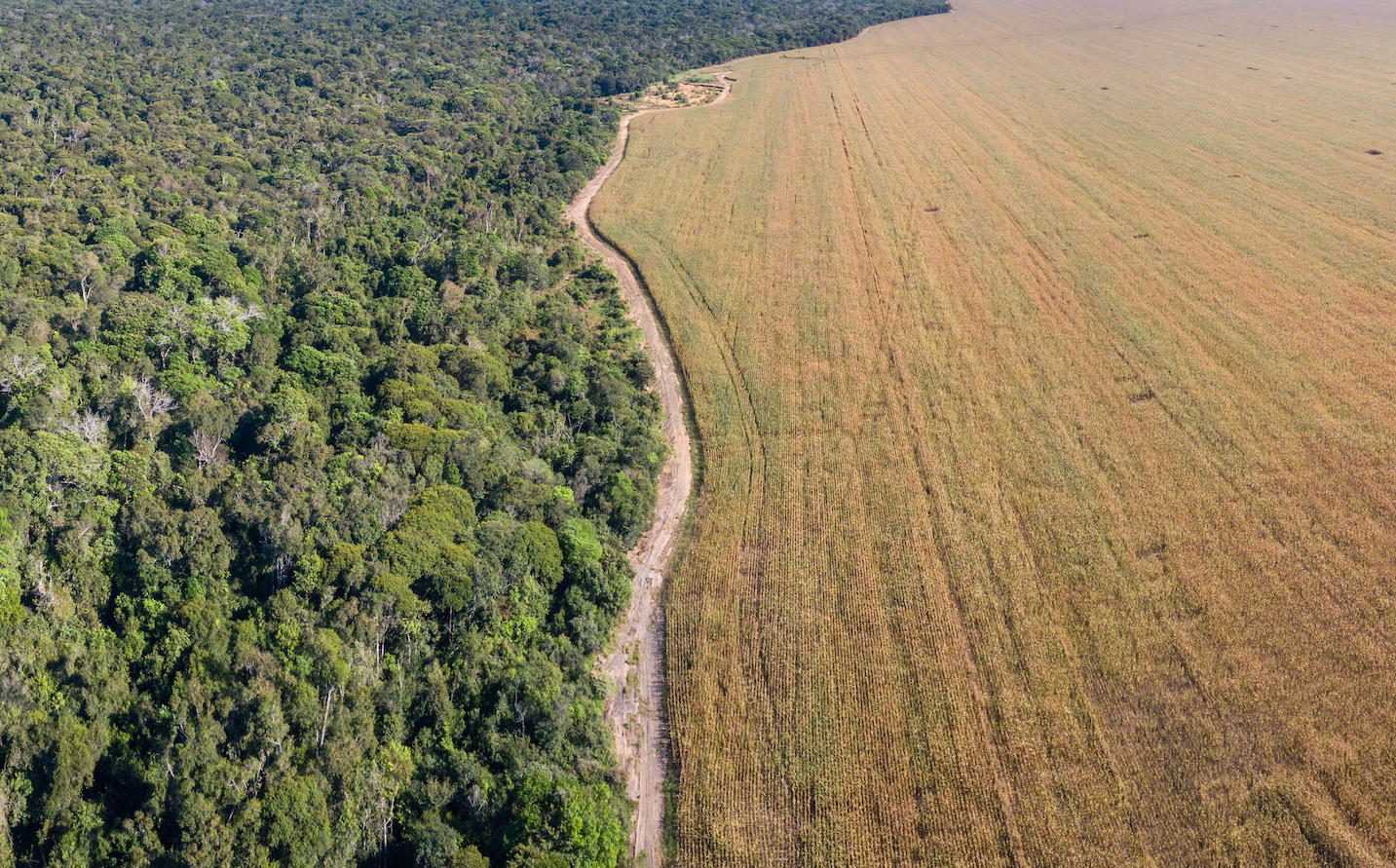
The border between public and private in the Amazon is fluid. Lands that belong to the government will end up in the hands of farmers. Among them are politicians: declarations of assets given to the courts by candidates for mayor, deputy mayor and councilman show that some are not constrained to inform the ownership of public lands. De Olho nos Ruralistas showed in another exclusive report of this series in El País, the incidence of land reform in the hands of politicians who, on Sunday or in the postponed elections in Amapá, run for vacancies in the country's 5,570 municipalities. But the phenomenon is broader: especially in the Amazon, some of them officially inform that their lands are not titled. In conclusion, many are at the center of stories related to environmental crimes, conflicts in the countryside and exploitation of slave labor.
This does not only occur in the case of authentic squatters, peasants struggling for survival with a legitimate claim to run for public office. But federal lands have entered this very particular market, which includes millionaire politicians. In Brazil's cattle raising capital, São Félix do Xingu (PA), one of the symbols of the devastation in the country, at least 90% of the land is public, as a notary public told the report in Xinguara (PA). This means that federal lands should not be in the land market - or in the politicians' declarations of assets. However, when one consults those assets, it is clear that not only politicians from various regions of Brazil declare rural properties in the municipality; some confirm that those lands are public.
Read the full story in Portuguese on the El País website.









